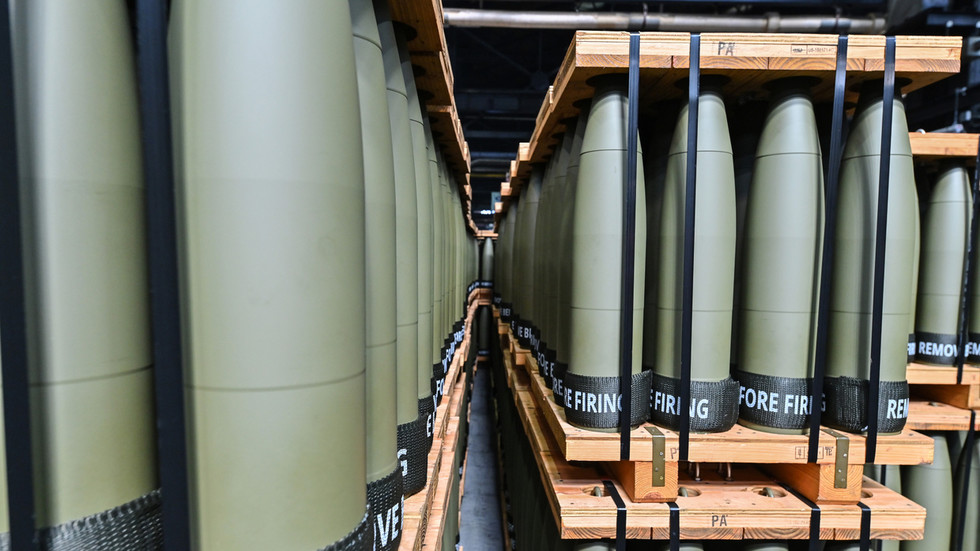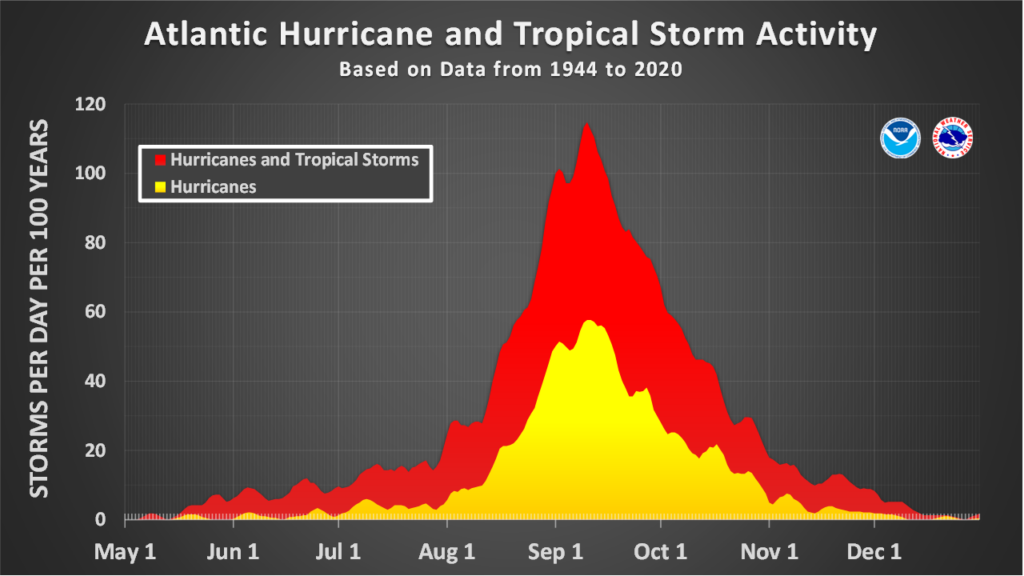Journalists in Indonesia are decrying the Indonesian parliament‘s plans to revise the country’s broadcasting law in ways they say will muzzle press freedom.
Herik Kurniawan, chairman of the Indonesian Television Journalists Association (IJTI), told DW that the broadcasting law, if passed, would amount to “press castration.”
“With this regulation, we [journalists] can’t do anything; can’t investigate, can’t produce exclusive journalism,” he said.“For example, in a corruption case, we should be able to cover it exclusively.”
Why do journalists oppose the broadcasting bill?
According to the International Federation of Journalists, the proposed revisions include an article prohibiting digital and television broadcasts of “exclusive investigative journalism.” The bill would also target “LGBT content.”
The bill has also been criticized as contravening press rights enshrined in Indonesian law, namely that the Indonesian press is “not subject” to censorship or broadcasting bans and that the press has the right to “seek, obtain, and disseminate ideas and information.”
Indonesia’s Press Council, a government body set up in 1968 “to assist the government to nurture the growth and development of the national press,” said the revised bill would dilute its role.
One of the Press Council’s jobs is settling disputes between the public and the press. The revised broadcasting bill calls for dispute resolution to be carried out by the Indonesian Broadcasting Commission.
Ninik Rahayu, chairperson of the Indonesian Press Council, told a press conference on May 14 that under the bill, the settlement of journalistic disputes would be carried out by an institution that actually does not have a mandate for the ethical resolution of journalistic works.
“The mandate for the settlement of journalistic works is in the Press Council and is outlined in the law,” she added.
Indonesia’s spot on the global press freedom index dropped three places, from 108th in 2023 to 111th in 2024, according to data from Reporters Without Borders (RSF).
In Southeast Asia, Indonesia still ranks above Singapore (126), the Philippines (134), and Vietnam (174), but below East Timor (20), Thailand (87), and Malaysia (107).
Kurniawan from the TV journalists’ association said this is not the first attempt in Indonesia to severely restrict press freedom. However, he emphasized that the articles prohibiting investigative journalism represent the “most serious attempt” yet to curb press freedom.
Government denies stifling freedom of the press
Nurul Arifin, a member of Indonesian parliament and the working committee on the bill, emphasized that the committee is ensuring that the revision of the broadcasting law will not stifle press freedom in Indonesia.
In a recent statement carried by Indonesian media, Arifin said the government had “no intention” to stifle media freedom with the revised bill.
She noted that parliament is open to feedback on the bill, adding that further revisions are underway, and some of the criticized articles in the bill have still not been finalized.
The revisions of the original broadcasting laws, which were passed in 2002, are seen as necessary to replace older rules that have become outdated. Revising the bill has been discussed since at least 2020, and it is the latest, revised draft of the bill that contains the controversial articles. It could be passed by September 2024.
Herik Kurniawan, chairman of the Indonesian Television Journalists Association (IJTI), told DW that the broadcasting law, if passed, would amount to “press castration.”
“With this regulation, we [journalists] can’t do anything; can’t investigate, can’t produce exclusive journalism,” he said.“For example, in a corruption case, we should be able to cover it exclusively.”
Why do journalists oppose the broadcasting bill?
According to the International Federation of Journalists, the proposed revisions include an article prohibiting digital and television broadcasts of “exclusive investigative journalism.” The bill would also target “LGBT content.”
The bill has also been criticized as contravening press rights enshrined in Indonesian law, namely that the Indonesian press is “not subject” to censorship or broadcasting bans and that the press has the right to “seek, obtain, and disseminate ideas and information.”
Indonesia’s Press Council, a government body set up in 1968 “to assist the government to nurture the growth and development of the national press,” said the revised bill would dilute its role.
One of the Press Council’s jobs is settling disputes between the public and the press. The revised broadcasting bill calls for dispute resolution to be carried out by the Indonesian Broadcasting Commission.
Ninik Rahayu, chairperson of the Indonesian Press Council, told a press conference on May 14 that under the bill, the settlement of journalistic disputes would be carried out by an institution that actually does not have a mandate for the ethical resolution of journalistic works.
“The mandate for the settlement of journalistic works is in the Press Council and is outlined in the law,” she added.
Indonesia’s spot on the global press freedom index dropped three places, from 108th in 2023 to 111th in 2024, according to data from Reporters Without Borders (RSF).
In Southeast Asia, Indonesia still ranks above Singapore (126), the Philippines (134), and Vietnam (174), but below East Timor (20), Thailand (87), and Malaysia (107).
Kurniawan from the TV journalists’ association said this is not the first attempt in Indonesia to severely restrict press freedom. However, he emphasized that the articles prohibiting investigative journalism represent the “most serious attempt” yet to curb press freedom.
Government denies stifling freedom of the press
Nurul Arifin, a member of Indonesian parliament and the working committee on the bill, emphasized that the committee is ensuring that the revision of the broadcasting law will not stifle press freedom in Indonesia.
In a recent statement carried by Indonesian media, Arifin said the government had “no intention” to stifle media freedom with the revised bill.
She noted that parliament is open to feedback on the bill, adding that further revisions are underway, and some of the criticized articles in the bill have still not been finalized.
The revisions of the original broadcasting laws, which were passed in 2002, are seen as necessary to replace older rules that have become outdated. Revising the bill has been discussed since at least 2020, and it is the latest, revised draft of the bill that contains the controversial articles. It could be passed by September 2024.





















Discussion about this post